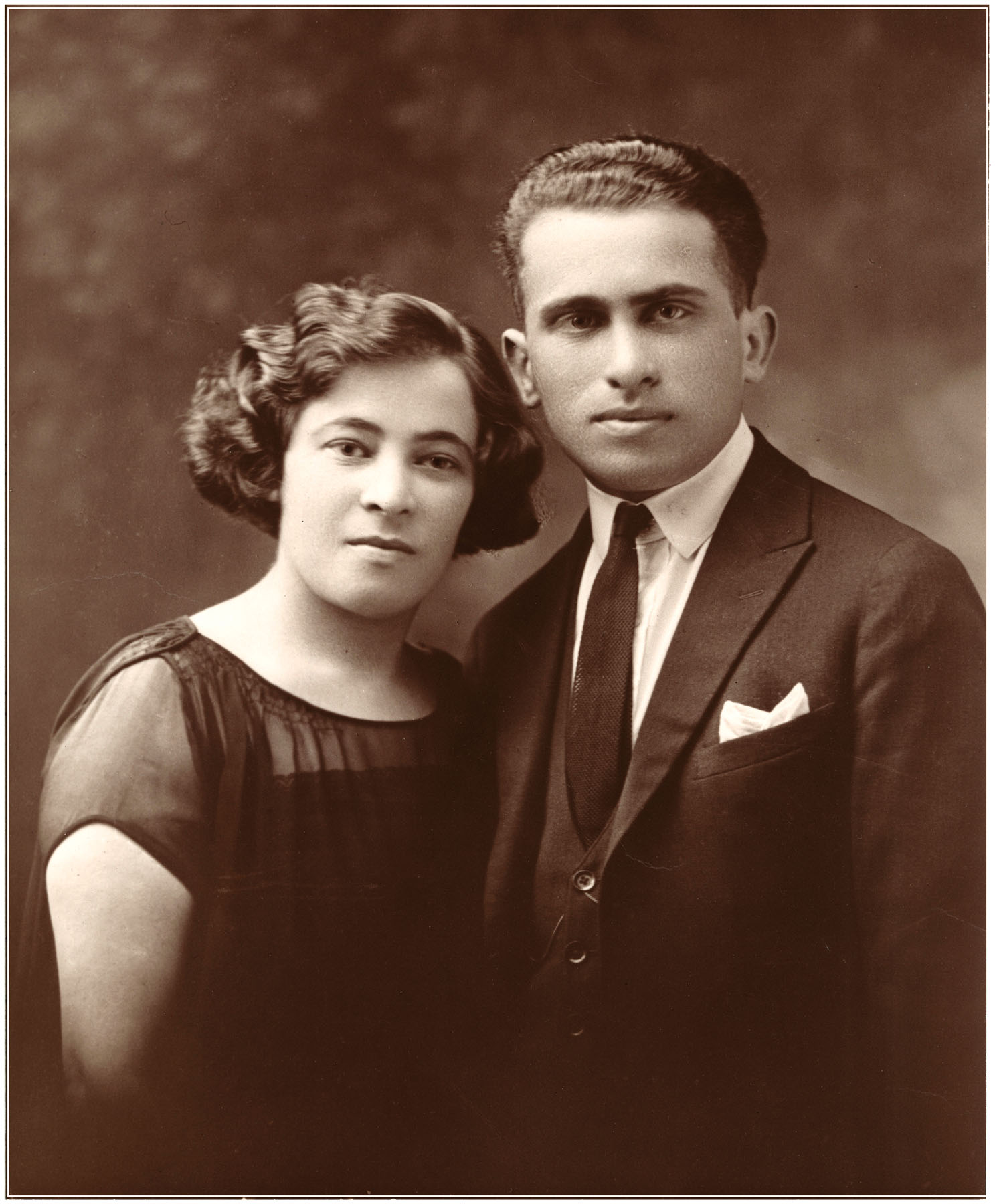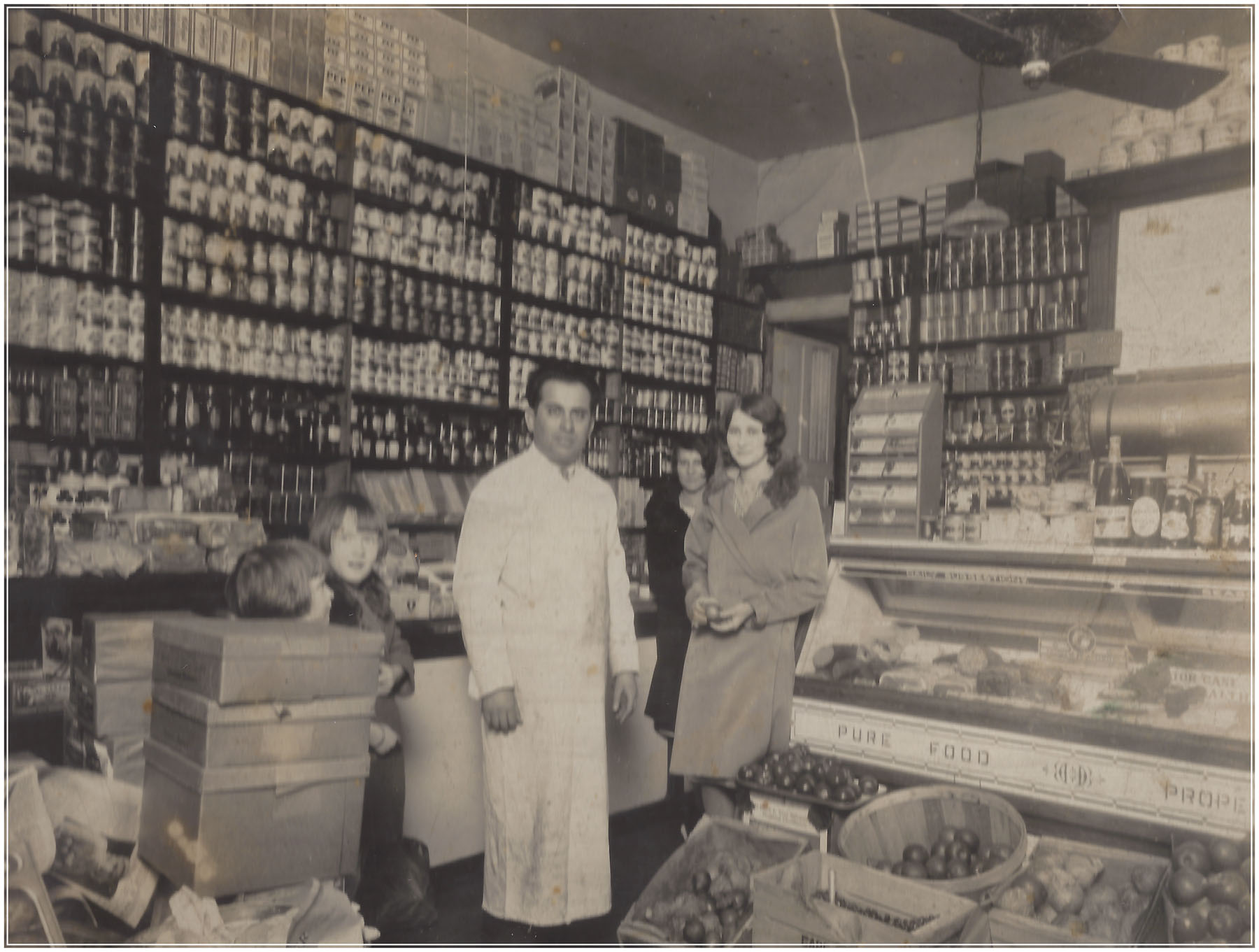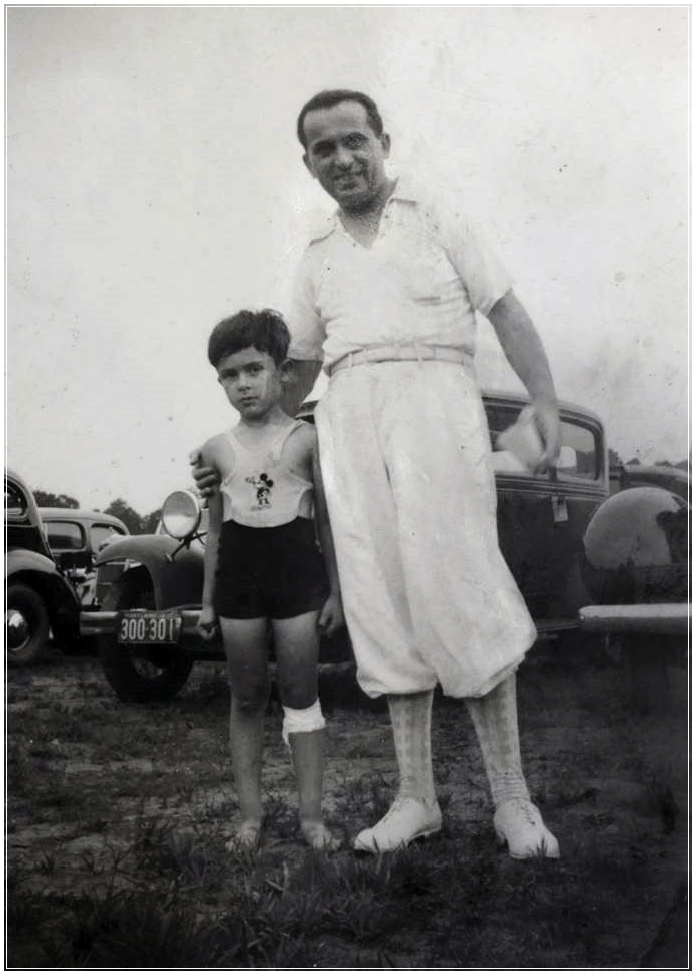CHAPTER FOUR
CIRCLING BACK
From time to time I reread Charles Dickens, who has always had a central place in my pantheon of writers. Recently an extraordinary phrase in A Tale of Two Cities caught my eye: “For, as I draw closer and closer to the end, I travel in a circle nearer and nearer to the beginning. It seems to be one of the kind of smoothings and preparings of the way. My heart is touched now by many remembrances that had long fallen asleep…”
That passage moves me tremendously: as I indeed draw closer to the end, I, too, find myself circling more and more to the beginning. My clients’ memories more often trigger my own, my work on their future calls upon and disturbs my past, and I find myself reconsidering my own story. My memory of early childhood has always been fragmented, probably, I’ve always believed, because of my early unhappiness and the squalor in which we lived. Now, as I move into my eighties, more and more images from early life intrude upon my thoughts. The drunks sleeping in our vestibule covered with vomit. My loneliness and isolation. The roaches and the rats. My red-faced barber calling me “Jew Boy.” My mysterious, tormenting, and unfulfilled sexual throbbings as a teenager. Out of place. Always out of place—the only white kid in a black neighborhood, the only Jew in a Christian world.
Yes, the past is drawing me in and I know what “smoothings” mean. Now, more than ever before, I imagine my dead parents watching and taking great pride and pleasure in seeing me speak before a crowd. At the time my father died, I had written only a few articles, technical pieces in medical journals that he couldn’t understand. My mother lived twenty-five years longer and, though her poor grasp of English, and, later, her blindness, made it impossible for her to read my books, she kept them stacked by her chair and stroked them and clucked over them to visitors in her retirement home. So much is incomplete between my parents and me. There are so many things we never discussed about our life together, about the tension and unhappiness in our family, about my world and their world. When I think of their lives, picture them arriving at Ellis Island, penniless, without an education, without a word of English, my eyes tear up. I want to tell them, “I know what you went through. I know how hard it was. I know what you did for me. Please forgive me for being so ashamed of you.”

THE AUTHOR’S FATHER AND MOTHER, CA. 1930.
Looking back at my life from my eighties is daunting and sometimes lonely. My memory is unreliable, and there are so few living witnesses to my early life. My sister, seven years older, has just died, and most of my old friends and acquaintances are gone, too.
When I turned eighty, a few unexpected voices from the past awakened some memories. First there was Ursula Tomkins, who found me via my webpage. I had not thought of her since we attended Gage Elementary School together in Washington, DC. Her email read, “Happy 80th birthday, Irvin. I’ve read and enjoyed two of your books and asked our Atlanta library to get some of the others. I remember you from Miss Fernald’s fourth grade class. I don’t know if you remember me—I was pleasingly plump with red frizzy hair and you were a beautiful boy with coal-black hair!”
So Ursula, whom I remembered well, thought I was a beautiful boy with coal black hair! Me? Beautiful? If only I had known! Never, not for a moment, had I ever thought of myself as a beautiful boy. I was shy, nerdish, lacking in self-confidence, and never imagined that anyone found me attractive. Oh, Ursula, bless you. Bless you for telling me I was beautiful. But, why, oh why, didn’t you speak up earlier? It might have changed my entire childhood!
And then, two years ago, there was a phone message from the deep past that began: “THIS IS JERRY, your old chess buddy!” Even though I had not heard his voice in seventy years, I recognized it immediately. It was Jerry Friedlander, whose father owned a grocery store on Seaton and North Capitol Streets, just a block from my father’s store. In his message he told me that his granddaughter, in a clinical psychology course, was reading one of my books. He remembered that we had played together regularly for two years when I was twelve and he fourteen, a time I remember only as a wasteland of insecurity and self-doubt. Since I remembered so very little from those years, I jumped at the opportunity for feedback and pumped Jerry for any impressions he had of me (after, of course, sharing my impressions of him).
“You were a nice guy,” he said. “Very gentle. I remember that in all our times together we never had an argument.”
“Give me more,” I said greedily. “I’ve such hazy images from then.”
“You played around some but, for the most part, you were really serious and scholarly. In fact I’d say very scholarly. Whenever I came over to your place, your head was buried in a book—oh yeah, that I remember well—Irv and his books. And always reading hard stuff and good literature—way over my head. No comic books for you.”
That was only partly true—in fact, I had been a major aficionado of Captain Marvel, Batman, and Green Hornet. (Not Superman, though: his invulnerability drained all suspense from his adventures.) Jerry’s words reminded me that during those years I often bought used books from a bookstore on Seventh Street just a block from the library. As I reminisced, an image of a large, rust-colored, arcane book on astronomy drifted into view. No matter that I couldn’t understand much of the optics discussed: that book fit another agenda entirely—I left it around in plain sight for my sister’s attractive girlfriends to find, hoping to awe them with my precociousness. Their pats on the head or occasional hugs or kisses were quite delicious. I hadn’t known that Jerry noticed the book too—he had been an unintended target hit by friendly fire.
Jerry told me that I generally won our chess games, but that I was not a gracious loser: at the end of one marathon game, which he had won in a hard-fought endgame, I pouted and insisted that he had to play my father. And so he did. He came to my home the next Sunday and beat my father as well, though he was certain my father had let him win.
This anecdote staggered me. I had a good, if distant, relationship with my father, but I cannot imagine having looked to him to avenge my loss. My recollection was that he taught me to play chess, but by the time I was about eleven I was beating him routinely and looking around for stronger opponents, especially his brother, my uncle Abe.
I always had an unstated grievance toward my father—that he never, even once, stood up to my mother. In all the years that my mother disparaged and criticized me, my father never disagreed with her. He never once took my side. I was disappointed by his passivity, his unmanliness. So I was puzzled: How could I have called upon him to redeem my failure with Jerry? Perhaps my memory erred. Perhaps I was more proud of him than I had thought.
That possibility gained credence as Jerry proceeded to describe his own life odyssey. His father had not been a successful businessman, and, on three occasions, business failures had forced the family to move, each time downward, to less comfortable quarters. Moreover, Jerry had to work after school and during summers. I realized that I was far luckier: though I often worked in my father’s store, it was never a requirement but always for my own pleasure—I felt grown-up waiting on customers, adding their bills, collecting money, and giving them change. And Jerry had worked summers, whereas my parents had sent me to two-month summer camps. I had taken my privileges for granted, but my conversation with Jerry made it clear that my father had done many things right. Obviously he had been a diligent, intelligent businessman. It was his (and my mother’s) hard work and business acumen that had made my life easier and my education possible.
After I hung up with Jerry, other forgotten memories of my father seeped in. One rainy evening when the store had been crowded with customers, a huge, menacing man had grabbed a case of liquor and run out into the street. Without hesitation, my father had taken off in pursuit, leaving my mother and me alone in a store packed with customers. Fifteen minutes later my father returned, carrying the case of liquor—the thief had tired in two or three blocks, dropped his booty, and taken off. It was a gutsy thing for my father to have done. I’m not sure I would have been up to the chase. I must have been proud of him—how could I not have been? But, strangely, I hadn’t let myself remember. Had I ever sat down and considered, truly considered, what his life had been like?
I know that my father started work at five in the morning, buying produce from the Washington, DC, southeast produce market, and that he closed the store at 10 p.m. on weekdays and midnight on Friday and Saturday. His only day off was Sunday. I occasionally accompanied him to the produce market, and it was hard, grueling work. Yet I never heard him complain. I remember talking with a man I called “Uncle Sam,” my father’s best friend even in childhood back in Russia (I referred to everyone in the circle who had emigrated together from Cielz, their shtetl in Russia, as uncle or aunt). Sam had told me about my father sitting for hours in the tiny cold attic of his house and writing poetry. But all that ended when he was conscripted into the Russian army as a teenager in World War I to help build railroad tracks. After the war, he came to the United States with the help of his older brother, Meyer, who had emigrated earlier and opened a small grocery store on Volta Street in Georgetown. His sister Hannah and his younger brother, Abe, followed. Abe came alone in 1937 and planned to bring his family over shortly, but it was too late: the Nazis killed everyone left behind, including my father’s older sister and her two children and his brother Abe’s wife and four children. But, of all this, my father’s lips were sealed; never once did he speak to me of the Holocaust, or, for that matter, of anything else from the old country. His poetry, too, was a thing of the past. I never saw him write. I never saw him read a book. I never saw him read anything but the daily Jewish newspaper, which he would grasp as soon as it arrived and scan. I realize only now that he was looking for any information it might hold about his family and friends. Only once did he allude to the Holocaust at all. When I was about twenty, he and I went out to lunch together, just the two of us. This was rare: even though he’d sold the store by this time, it was still hard to pry him away from my mother. He never initiated a conversation. He never searched me out. Maybe he was uncomfortable with me, though he wasn’t at all shy or inhibited with his clan of men—I enjoyed seeing him laugh with them and tell jokes as they played pinochle. Perhaps we failed one another: he never inquired about my life or my work, and I never told him that I loved him. Our lunch discussion remains clear in my mind. We spoke together as adults for an hour and it was quite wonderful. I recall asking him if he believed in God, and he replied, “After the Shoah, how can anyone believe in God?”
I know that it’s now time, past time, to forgive him for his silence, for being an immigrant, for his lack of education and his inattention to the trivial disappointments encountered by his only son. It’s time to put an end to my embarrassment at his ignorance and time to remember his handsome face, his gentleness, his graceful interactions with his friends, his melodious voice singing the Yiddish songs he learned as a child in the shtetl, his laughter as he played pinochle with his brother and friends, his graceful sidestroke as he swam at Bay Ridge beach, and his loving relationship with his sister Hannah, the aunt I most adored.

